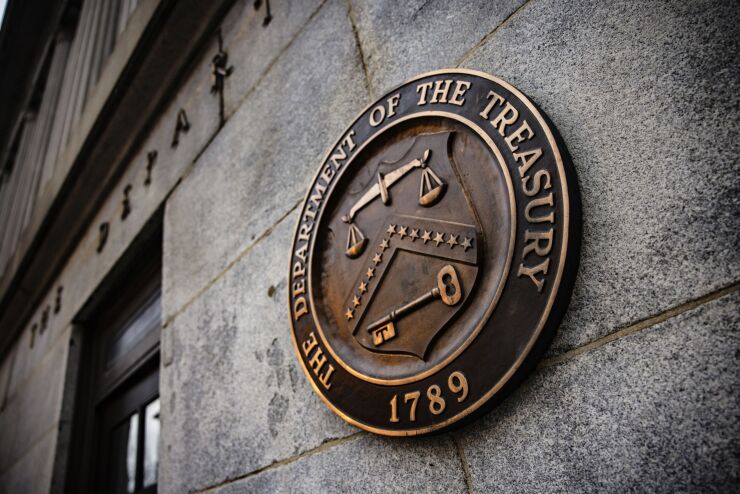A new law that's taking effect next year is going to require millions of small businesses to begin filing disclosures about their true ownership with the Treasury Department or face stiff penalties, and most are unaware of it.
As a result of the Corporate Transparency Act of 2021, corporations, LLCs and other entities formed under state law (domestic reporting companies) or similar entities formed under foreign law and registered to do business in the U.S. (foreign reporting companies) must report their beneficial ownership to FinCEN — the Treasury Department's Financial Crimes Enforcement Network.
The reason is that kleptocrats, human rights abusers and other corrupt actors have used complex and opaque corporate structures, including shell companies, to hide and launder the proceeds of their corrupt activities.
Beginning Jan. 1, 2024, disclosure is required for a beneficial owner — that is, any individual who directly or indirectly exercises "substantial control" over the reporting company, or who directly or indirectly owns or controls 25% or more of the "ownership interests" of the reporting company. Failure to do so can result in civil or criminal penalties.
Under the new reporting rules, 32.6 million small businesses will be legally obligated to comply on Jan. 1. Five million more will be added every following year, while large companies will mostly be exempt, according to Kevin Matthews. An assistant professor of accounting at George Mason University's School of Business and a CPA, Matthews foresees "frustration and chaos" for small businesses as a result of the impending change.
The glaring issue at the moment is that most people don't even know about this, he indicated.
"I sent out a massive email to CPAs a couple of months ago, and none of them had heard of this," he said. "That's not surprising because it was the middle of busy season. But It's been on the books for several years, and nobody knows how to comply. My concern is that it hasn't been promulgated to the public in a way that will detail what they need to know to comply. 'Fill out this form, enter the data and hit Send' — that's not out yet. Hopefully there'll be some press release in August that will clear up everything."

It could catch many people unawares, according to Matthews. "It's not just CPAs, EAs and lawyers," he said. "Small businessmen will be affected as well. For example, a self–employed plumber with an LLC would be required to file."
Roger Harris, president of Padgett Business Services, agreed.
"Beginning next year, all existing companies have to file within the year," he said. "If you start a new company, you will have 30 days to file. This entails filling in the forms and stating who is the beneficial owner. If you fail to do this, the penalties are severe — $500 per day. And while there's usually a small-business exception, in this case the exception is for large businesses such as publicly traded companies. Since they already know who you are, you don't have to do it."
FinCEN released initial guidance on beneficial ownership on March 24, 2023, and will continue to issue guidance on this in coming months, including a small-business compliance guide. It's more of an information problem than an immediate problem, Harris suggested: "You don't have to do this today, but you have to be aware of it and comply when you are supposed to comply. For those in the business of forming business entities, it could be crucial."
The biggest problem is that very few know that the requirement exists, according to both Matthews and Harris.
"There's a huge awareness gap," said Harris. "If you think that you're exempt because you're a small company, you're not. You couldn't file today even if you wanted to, but just make sure it's on your radar for next year."





